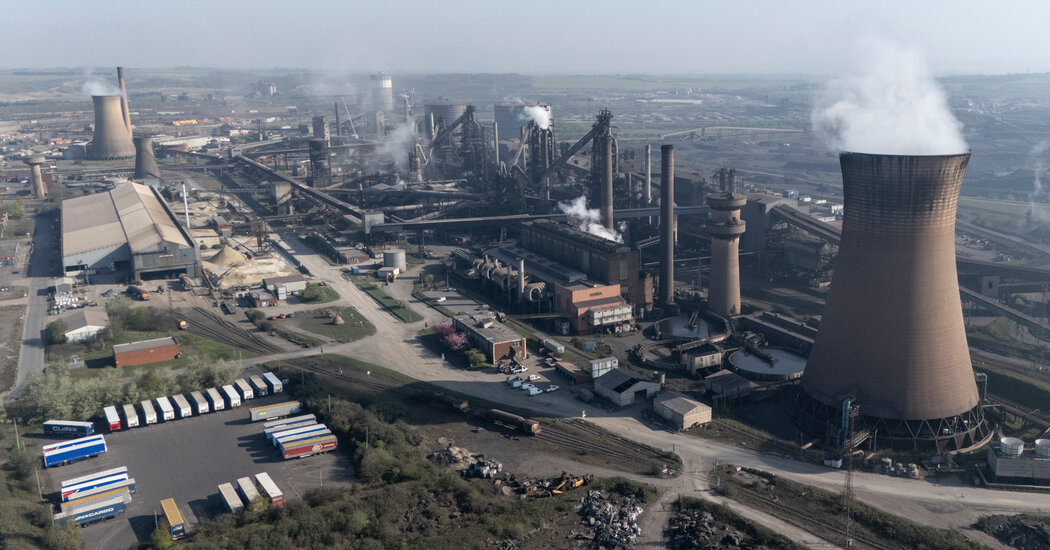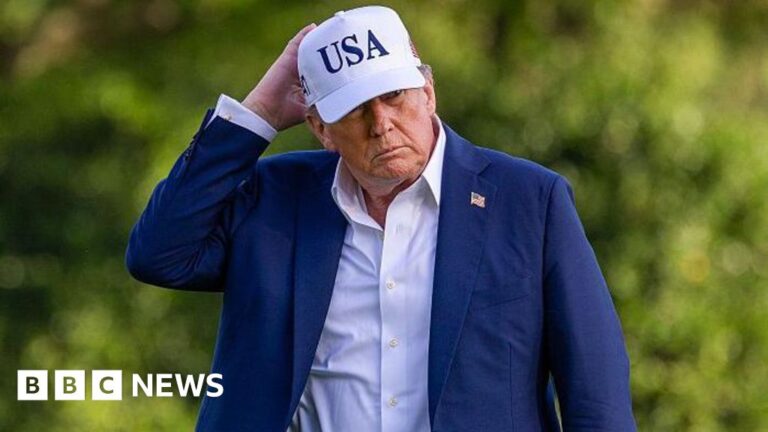The British government has moved swiftly to take control of the country’s last large crude steel-producing facility, in what appears to be a major step towards nationalizing the plant.
In an unusual and dramatic move, the government summoned lawmakers back from vacation on Saturday to approve its emergency legislation.
The government said it was acting to prevent the owners of British Steel, a Chinese company called Jingye, from taking steps unilaterally to close the blast furnaces, which could cost 2,700 jobs.
Despite the interest in preserving steel making now, it has long been in decline in Britain. Crude steel output has fallen by about 50 percent over the last decade, according to UK Steel.
The industry in Britain struggles with high energy costs and competition, mainly from China, which now makes more than half of all global steel.
The government insists that it is not nationalizing British Steel, but it is asserting control over the board and management, and taking responsibility for the running costs.
A sign of the increasingly bitter tone of the dispute, the government said Friday that employees who are fired for “defying the orders of the Chinese owners” would be able to be reinstated.
The government wants to find a partner to invest in a greener steel-making process, but critics say these moves are tantamount to nationalization.
The British Steel plant in Scunthorpe has Britain’s last two operating blast furnaces, huge chambers that produce molten metal using iron ore and coke.
Pressure to keep Scunthorpe open appears to have increased in the wake of the Trump administration’s signals that it was less committed to European security than previous US administrations.
President Trump’s tariffs were apparently also part of that calculation, as were the potential job losses, with the plant employing 2,700 people.
Mr. Reynolds said he made what he called “a generous” offer of aid to Jingye, which proposed to shift production at Scunthorpe to electric furnaces.
Blast furnaces like those at Scunthorpe make high-quality steel but also spew emissions, and many European steel firms are considering converting to other technologies.
Mr. Reynolds told lawmakers that Jingye wanted what he called an “excessive amount” of government support, with the costs of converting to electric furnaces estimated at £2 billion or more.
Source link




